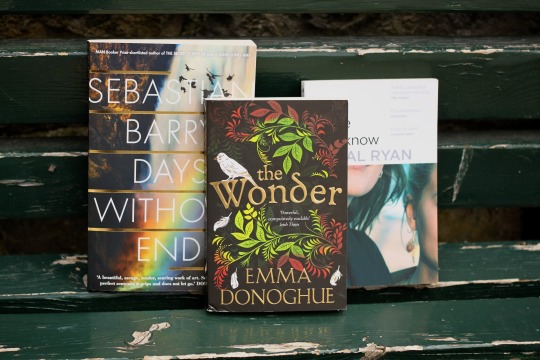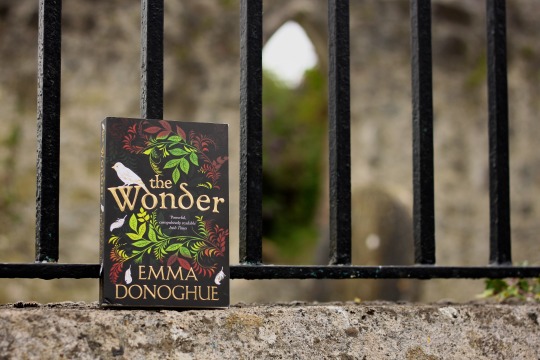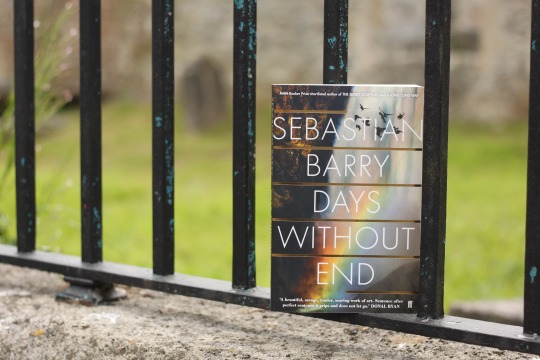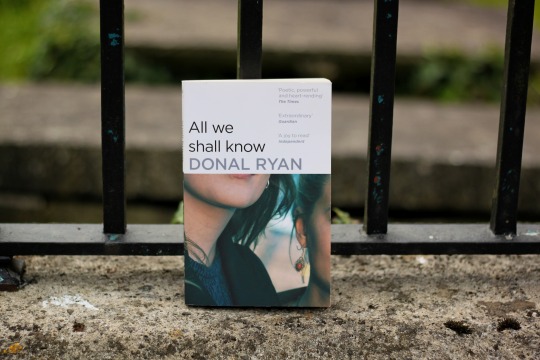#for the gender lib movement in other more distinct ways that neither need you to fully equate us to you nor to limit us to your part of it
Text
not me adding literal buddhist monk shaolin masters to my very short list of ppl I’ve ever strongly related to the philosophy/mentality/approach to life of oh boy
#anthony padilla#buddhist monks#philosophy#trans#Idk what this says abt me for any of you who don't know me that well yet lmao#but it is fascinating to me at least that between the discipline of language learning since childhood#my shonen protagonist energy and slight megalomania#and my nonbinary trans thoughts about physical change and self improvement etc etc etc#despite coming from such vastly different backgrounds (not just culturally just in the like- I'm a queer artist n educator n stuff#and they're literal monks in an organised religion/belief system)#we have still somehow arrived at so many similar not only beliefs but also just like ways of living and discipline and worldview#something something outsider perspective that queer people will be more prone to due to being an eternal minority in any part of the world#while ppl like monks/nuns take up the lifestyle they lead in order to alienate themselves from the rest of society for religion's sake#something something the historic connection between ppl who dedicate their life to religion (monks/nuns/priests/etc) and the queer community#and various cultures where genderqueer ppl's role is/was that of religious leaders#something something maybe in a changing world that is not as religious anymore we can still be advisors and wise ppl to consult#like I think that's literally the conclusion I've arrived at for my pitch to the feminists is#you will never truly manage to include us as equals for sheer numbers reasons so you might as well use us and our skills and insights#for the gender lib movement in other more distinct ways that neither need you to fully equate us to you nor to limit us to your part of it#pay the transfemmes to teach y'all coding karlie kloss can't do it all on her own#and pay me to come teach you abt transmasc inclusion and internalised misandry and the terfs#and you'll find plenty of use from having us around
6 notes
·
View notes
Text
2017 so Far - Part Two: Irish Authors (and More)
Welcome to Part Two of my 2017 Mid-Year Review. I've been trying to read more Irish* authors over the past few years, and while I've only read three books by Irish authors so far this year, the've been some of the more enjoyable ones! I'm throwing Virginia Woolf in here too because she's the only other female writer I've read as yet this year (which is terrible! Recommendations welcome!).

I didn't think I was going to read The Wonder by Emma Donoghue, let alone love it! I'd seen it in the best bookshop in the world, Charlie Byrne's in Galway, read the blurb, and although the premise did seem interesting, I wasn't sure it could live up to Room. But then I saw the beautiful paperback edition (the hardback is really pretty too, to be fair), and I couldn't resist!
Set in 1850s Ireland, not long after the Great Famine, an English Nightingale nurse, Lib, is hired to help conduct a watch as part of an investigation into the mysterious fasting of an eleven-year-old girl in the Irish midlands. The girl, Anna, has allegedly not taken any food for four months, yet is apparently perfectly healthy. However, all is not as it seems in the small country household.
Donoghue has such a talent for crafting character voices, that, not only does the narrator's character ring true in all she says, describes and does, and builds up in authenticity as the story progresses, but the independent voices of the other characters also come through just as clearly and beautifully, even through the lens of the skeptical narrator.
She deftly paces the story, from this skepticism, through professional concern, to a deep personal fear for the young girl's life, which Donoghue not only portrays in her narrator, but evokes in the reader. I found myself unable to put this book down, while neither wanting the story to end, nor wanting to experience any more of the stress and worry that builds throughout the narrative to a final, long crescendo resulting in, frankly, a lot of sustained crying on my part.

I picked up Sebastian Barry's Days Without End because I saw it had won the 2016 Costa Book of the Year (and was shortlisted for the Man Booker) and a few Booktubers I was watching at the beginning of the year had mentioned it (it's been 6 months so I can't remember which booktuber I heard about it from but I do remember that they had mentioned that they heard good things from SavidgeReads).
Narrated by an Irish immigrant in America around the time of the Civil war, Days Without End documents his life in the army, reflects on his adolescent and revived career as a performer, and honestly portrays his relationship with his same sex partner. Although forced to hide the true nature of their relationship, the actions, affection, love, and family life they make and manage for themselves is pure and good and true.
While it described some harrowing trials, the narrator remained hopeful and the book was heartwarming over all. I did however find the prose somewhat stilted, the western-American-come-west-of-Ireland accent, while interesting, interrupted the flow of the narrative somewhat for me. Maybe I just need to read more Westerns so I can become accustomed to it.

I heard an interview with Donal Ryan on the radio promoting his latest book, All We Shall Know, and it sounded intriguing, so I did the unthinkable and picked it up from the most poorly managed book section in any supermarket in the universe.
The story is not my usual fare - A woman in an unhappy marriage has an affair with a younger man and falls pregnant by him. However, the man is a 17 year old member of the Irish Travelling Community whom she is teaching to read and write. I was interested to see how the author treated the topic of the Travelling Community, as they are a marginalised group, their distinct ethnicity having only recently been recognised by the Irish State. Ryan seems to have handled the topic with due care and respect, however, I don't have the knowledge, time or space right now to comment further with any great confidence (more information on the Irish Travelling Community can be found on the Pavee Point and Irish Traveller Movement websites).
I enjoyed it, and would recommend it to anyone interested in life in a small Irish town (for Travellers and settled people alike), and anyone interested in the implications of a crisis pregnancy for a marriage, and in mental health issues. I did find however, that the voice of the narrator didn't quite ring true. I'm not sure if it was that it felt like it was the author "putting on" the narrator's persona, rather than embodying it, or if it was supposed feel like the narrator was quite disassociated from the events and emotions she was writing down. Either way, it didn't fully draw me in, though I did tear up a small bit by the end.

It's not really a book, but I read Oscar Wilde's short play Salomé while I was between novels. This one-act play is a retelling of the account told in the Synoptic Gospels (Mark, Matthew, Luke) of the death of John the Baptist and the presentation of his head on a plate to Herod Antipas' stepdaughter Salomé. I thought it was pretty fun. (Is that weird, given the, eh, tragic end?) I really like pieces retelling Biblical stories, and set in antiquity. I don't read that much of them (more so into movie/TV retellings), but maybe I should make an effort to read more! The translation into English, by Lord Alfred Douglas, has been criticised as being a bit sloppy, but not having read the French I can't really comment on that. If you have an hour to spare, read it, or watch it; I'm sure it would be great to see it performed.
I also read Virginia Woolf's A Room of One's Own, from which I noted down a mass of quotes (which I have yet to look back through), so obviously I thought it was great. Framing her essay on the challenges, historic and contemporary, of being a female writer in a description of a day or so spent on the campus of "Oxbridge" University, she highlights the continuing disparity between opportunities and supports offered to men, and those available to women. While she rightfully praises those women who came before her, like Sappho, Austen, and Eliot, writing in secret, on portable desks in cramped drawing rooms, and/or forced to disguise their true gender under male noms-de-plume, she laments the continued inequity. I obviously cannot do Woolf's words and nuances justice, so I strongly suggest you read this essay, if you haven't already, whatever your gender!
All of these works deserve much more space, thought, and effort than I can give to them now, so I'd love to come back and revisit some of these topics or books in more depth sometime... More research is needed!
(*I'm counting Emma Donoghue as Irish - Canada stole her, like they stole half of Ireland's graduates since 2008...)
#books#booklr#reading#read in 2017#emma donoghue#the wonder#sebastian barry#days without end#donal ryan#all we shall know#virginia woolf#a room of one's own#booklover#bookworm#bookblogger#books and libraries#irish writers#irish literature#lgbt#lgbtq#lgbtqia#oscar wilde#salome#i've written too much again#these should probably be separate posts#literature#bookish#booknerd#book addict#book photography
2 notes
·
View notes